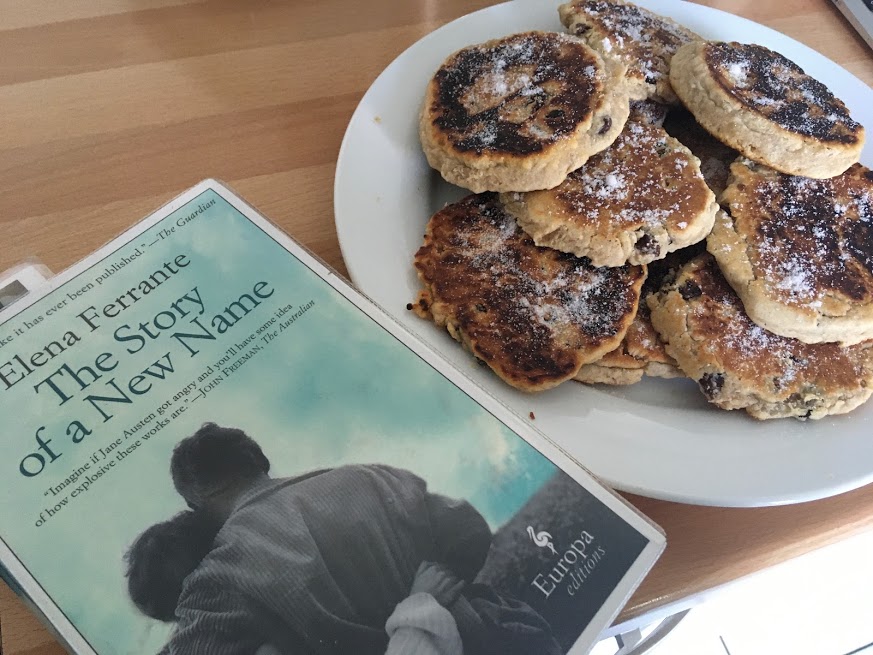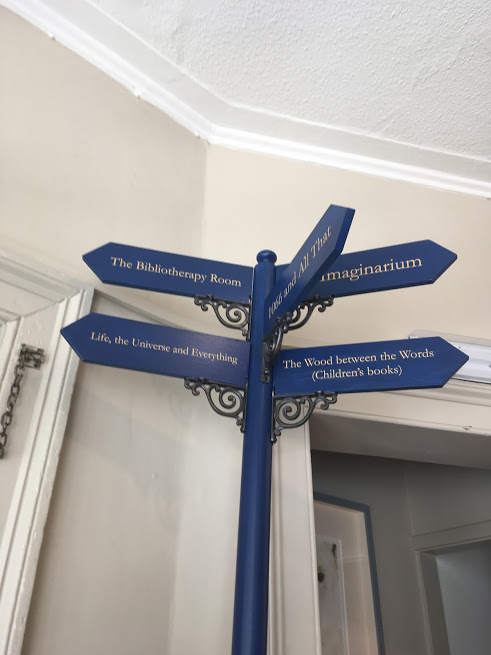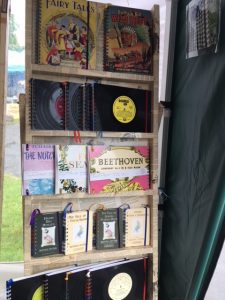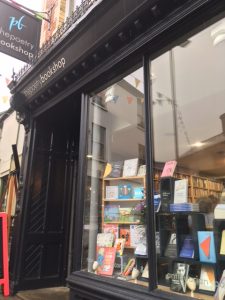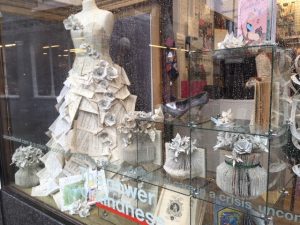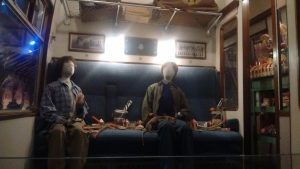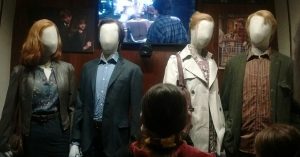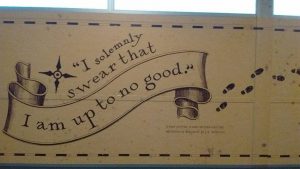This wasn’t my most prodigious reading year, but I’m incredibly grateful for the books I did get to read. There were some long-anticipated hits, and some delightful surprises. In my top ten alone, there’s quite a range from comics to inspiration to memoir with of course plenty of forays into fiction.
As always, I’m including a favourite quote from each book. That’s the best bit! Previous years’ top ten lists are here, here, here, and here.
Things I Don’t Want to Know by Deborah Levy
This is a quick read, meandering through episodes of Levy’s writing life. From the riveting opening sentence through travels in Majorca and flashbacks to Levy’s childhood in apartheid South Africa, I was engrossed in her reflections. As she crosses geographical borders, she also investigates the borders between secrecy and sharing. How deeply can women writers afford to feel?
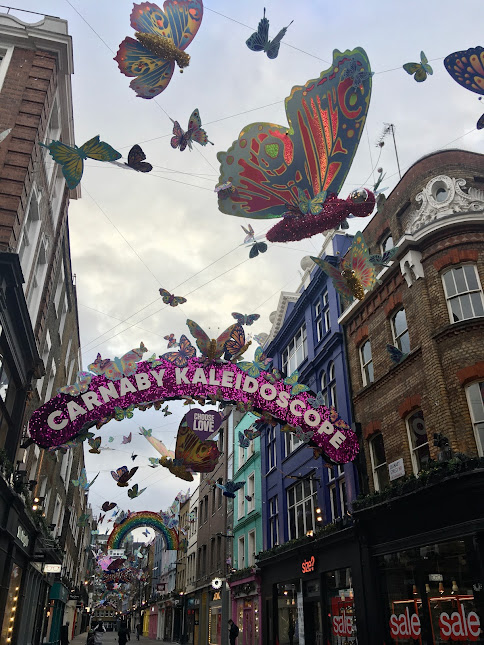
“Smiling was a way of keeping people out of your head even though you’d opened your head when you parted your lips.”
The Midnight Library by Matt Haig
An exploration of the multiverse that can result from a single life, Haig’s popular novel is like having someone read you a choose-your-own adventure book. The protagonist gets to pick different volumes off the shelves and read herself into alternate lives. It culminates with satisfying vibes of “Merry Christmas, you beautiful old broken down Building and Loan!”
“She had shrunk for him, but he still hadn’t found the space he needed.”
Solutions and Other Problems by Allie Brosh
Another volume of her irreverent, candid, hand-illustrated memoir. My whole family loves Brosh’s work. I laughed hysterically reading about how she raided her neighbour’s house as a child, and then later in the book I cried at her struggles. She champions her uniqueness while also being incredibly relatable.
“Because that’s intimacy, Buckaroos. Somebody who understands exactly how weird you are, and you understand how weird they are, and you’re sort of in a mutually beneficial hostage situation.”
Brick Lane by Monica Ali
One sister stays in Bangladesh and tries to earn her living in a garment factory and then as a household servant, while the other comes to London as a Muslim bride, speaking no English. Multifaceted characters, perfect descriptions, a plot spanning two continents and volatile periods in recent history.

“Outside, mist bearded the lampposts and a gang of pigeons turned weary circles on the grass like prisoners in an exercise yard.”
The Art of Possibility by Rosamund Stone Zander and Benjamin Zander
This is a pivotal read for shaking up your routine, challenging yourself, and making the most of life. It helps you believe in the positives—not just in yourself, but in others. I loved the “Giving an A” chapter, promising students an A in a college course provided they write a detailed letter at the start on what they’ll do to earn it, and then follow through.
“It is only when we make mistakes in performance that we can really begin to notice what needs attention. In fact, I actively train my [music] students that when they make a mistake, they are to lift their arms in the air, smile, and say, ‘How fascinating!’ I recommend that everyone do this.”
Such a Fun Age by Kiley Reid
An award-winning debut novel tackling race and class, and having to grow up. I loved the depictions of friendships, and child-rearing. The main characters are a baby-sitter who loves her charge so much it brought tears to my eyes, and a mum who is still not comfortable enough in her own skin to genuinely care for a pre-schooler who may have the same insecurities.
“‘You get real fired up about what happened that night in Market Depot. But I don’t need you to be mad that it happened. I need you to be mad that it just, like… happens.’”
The Invention of Wings by Sue Monk Kidd
This is also a dual narrative about race and class, but it’s set in the American South before the Civil War and Emancipation. The enslaved characters try to keep their culture alive and their family bonds unbroken. I read it fearing for their safety, but also admiring the spirit of the main character, Handful.
“You come from your mauma, you sleep in the bed with her till you’re near twenty years grown, and you still don’t know what haunches in the dark corners of her.”
Elinor Oliphant is Completely Fine by Gail Honeyman
A mystery, almost a thriller, as well as a fictional journey of self-discovery. The narrative voice is so compelling, you feel for her and want to protect her even as she self-sabotages her quest for companionship by being harsh with those around her. It’s uplifting to read about Elinor coming to terms with not being completely fine.
“These days, loneliness is the new cancer—a shameful, embarrassing thing, brought upon yourself in some obscure way. A fearful, incurable thing so horrifying you dare not mention it; other people don’t want to hear the word spoken aloud for fear that they might too be afflicted, or that it might tempt fate into visiting a similar horror upon them.”
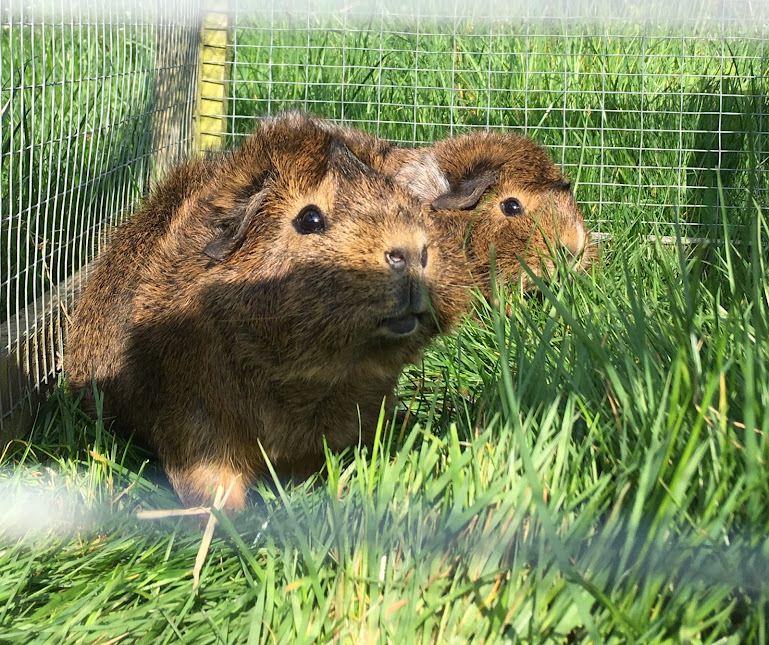
Brown Baby by Nikesh Shukla
Reading this memoir is like spending a day with your best friend. I really wanted to turn up on Shukla’s doorstep and ask to go walking together or something. This is a memoir about the sacrifices and joys of parenting, about raising a small person of colour in an unwelcoming world, about grief and making connections with the family you grew up with. He puts everything in it really, and writes with such warmth and humour.
“If you sleep when the baby sleeps, you have effectively given up. You live by their routine. You are pandering to their tyranny. You’re never sleeping longer than an hour anymore. And you’re wearing dirty pants.”
The Dig Street Festival by Chris Walsh
This hilarious and lovely novel comes from independent publisher Louise Walters Books, and I will be grateful to Twitter forever because without it I wouldn’t have heard about Walsh’s book. Very British and quirky, it takes an endearing, well-meaning protagonist with a Dostoevsky-ish inner monologue through Kafkaesque plot twists with a Dickensian cast of characters. Honestly, it’s just mad fun; please give it some love.
“The trouble was, our minds were hard-wired to find patterns in any thing, and to lock into them like meaning-seeking missiles. Not only would we hungrily identify patterns, we would immediately adopt them, fatten them up, farm them, breed and multiply them.”
If you’ve already discovered any of these stories, let’s talk! If you haven’t read them before but decide to give one or two a try, I hope you just love them.
